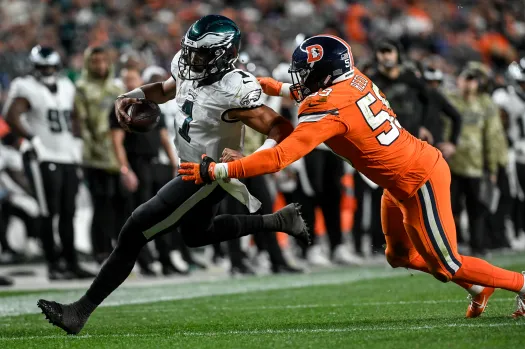Cryptocurrency, also known as crypto, is a form of decentralized digital currency that can be exchanged online for goods and services and one would use paper money. People can also invest in crypto as they would in any other asset like stocks or businesses. The most popular versions of crypto are Bitcoin and Ethereum, but there are more than 5,000 different cryptos on the market, all with different values and volatilities. Cryptocurrencies are a form of fungible tokens, which means they can be interchanged with identical assets and therefore, can be used as a medium for commercial transactions. Today, users can make purchases at Microsoft, Overstock, Home Depot, Starbucks, Bed and Bath & Beyond, Twitch, and more with bitcoin!
So, if cryptocurrencies are a form of fungible tokens, what are ‘non-fungible tokens’ (NFTs), and why are they similarly becoming more and more relevant? NFTs are cryptographic tokens that exist on Blockchain and cannot be replicated or replaced. They are essentially statements of ownership that represent tangible items like artwork, property, motor-vehicles, and more. NFTs ‘tokenize’ real-world items and allow them to be bought and sold easily between two consenting individuals. So for example, if I own my home and want to sell it to Jane Doe, I can sell her the NFT of my home (my statement of ownership) and now she owns the home. The form of transaction is more efficient than traditional trade and greatly reduces the probability of fraud. A recent real-world example of an NFT trade was when artist Mike Winkelmann sold his digital art at auction for $69 million. The purchaser now owns that digital art because he owns the NFT which verifies his ownership of the file. Although it seems ridiculous to pay $69 million to own the rights to an image that can be googled and viewed for free, it is actually a fair investment because it is likely that the art goes up in value and the NFT could be sold for more than its current value in the future. This blockchain technology is exploding as multimillionaires begin to buy the rights to things like the very first tweet, rare digital images, and more.
But could cryptocurrency actually replace cash? Anything is possible, but governments today use fiat currency to regulate the economy. Governments determine how much money they must print in response to various economic pressures and fluxes. In a world without physical cash, governments would be unable to regulate the amount of money in their nation because crypto is so decentralized and entirely dependent on the work of cyber miners.
Cryptocurrency is widely controversial; it is hard to say if we could ever make a transition to a fiat-free world. Skeptics pose questions like ‘How could a world without universal tech and wifi access make a shift to digital currency?’ and ‘What will Americans do with the surplus of paper money after a hypothetical future transition to cryptocurrency?’. These are valid questions, but I think it’s important to also recognize what great benefits society could reap if we were to make a hypothetical transition. Most obviously, fiat currency wastes tons of paper and precious metals every year, which is bad for the environment. Beyond that, cryptocurrencies would likely be a more ethical form of trade. A crypto-based economy would better support the concept of a universal basic income (UBI) than fiat currencies could. Additionally, unlike fiat money transactions, cryptocurrencies do not require a present intermediary. If crypto became widely used, businesses would cut costs because they could make legal transactions without the presence of intermediaries.
Cryptocurrency is an extremely volatile investment and there are many risks involved when purchasing. Bitcoin is one of the safest forms of crypto because you can instantly trade it for cash or assets with incredibly low fees. The high liquidity associated with bitcoin makes it a great investment vessel if you’re looking for short-term profit. Digital currencies could also be a long-term risky investment due to their high market demand. Today (April 22), one bitcoin is worth $54,675.00. Researches suggest that in nine years, one bitcoin will be worth $500,000.00. In the wake of the 2008 financial crisis and the economic downturns caused by the pandemic, any investment is a risky one. Why not go big and invest in bitcoin> Every day our world is becoming more and more digital. It’s how we communicate, order food, conduct business, and more. Why couldn’t it be how we buy and sell? For more information, check out some of the links below!
https://www.investopedia.com/non-fungible-tokens-nft-5115211
https://www.theverge.com/2021/3/11/22325054/beeple-christies-nft-sale-cost-everydays-69-million
https://www.investopedia.com/news/could-cryptocurrencies-replace-cash-bitcoin-flippening/








